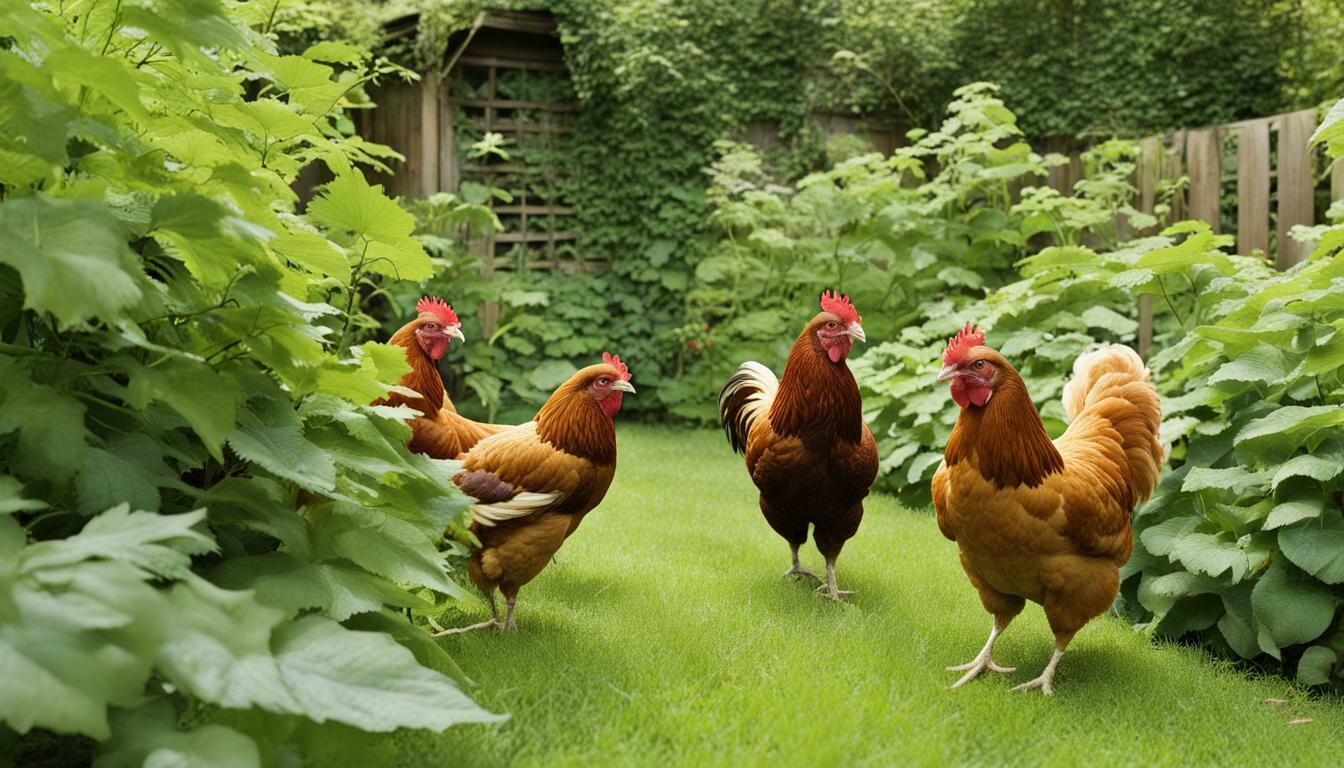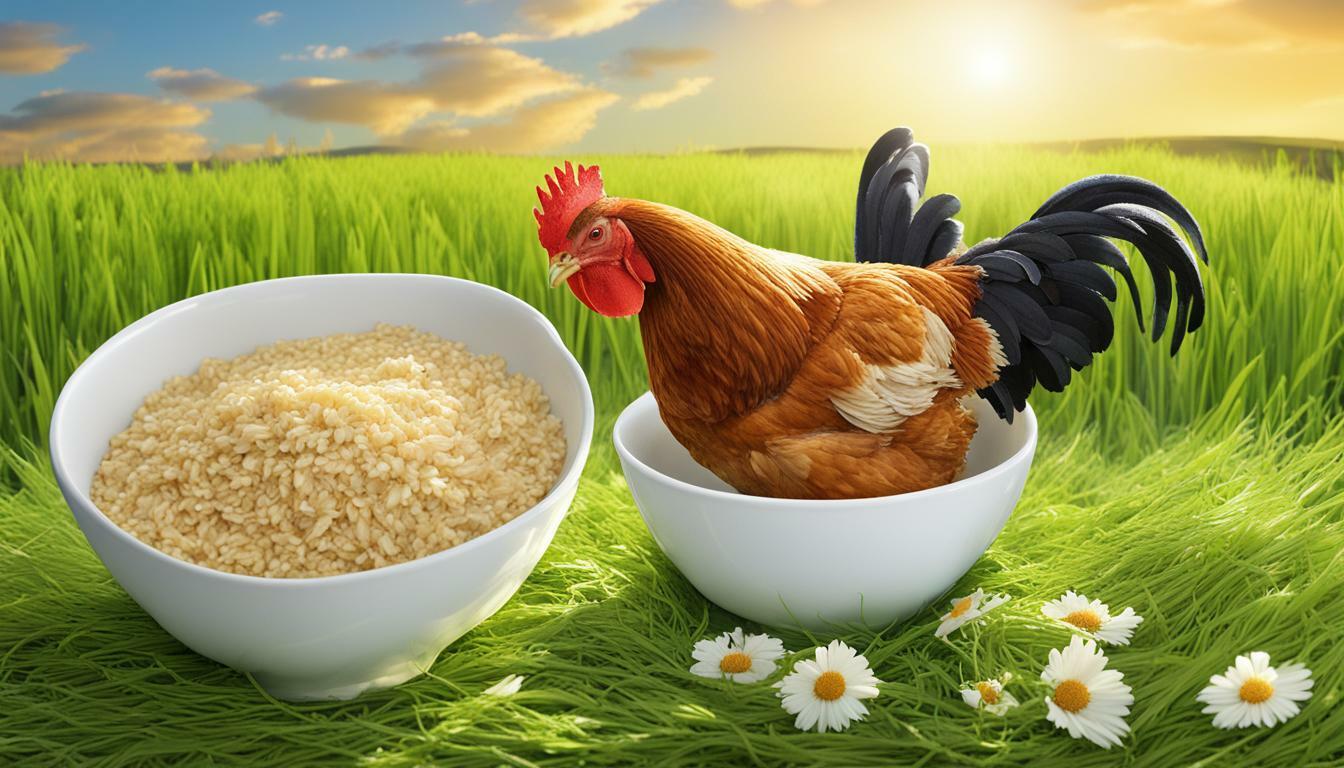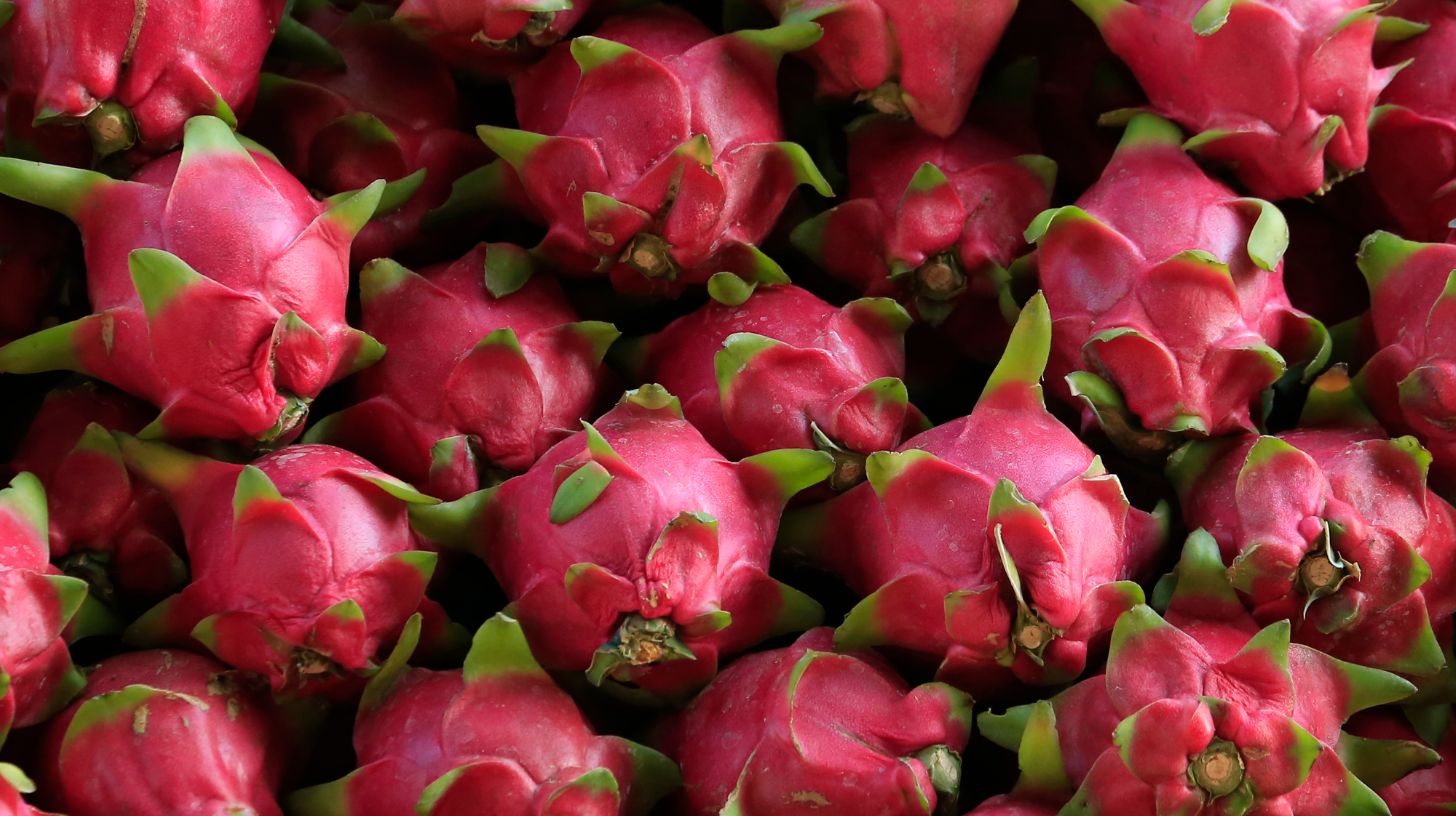Can Chickens Eat Virginia Creeper? Find Out Here!

Table of content:
- Key Takeaways: Can Chickens Eat Virginia Creeper?
- Are Virginia Creeper Berries Poisonous to Chickens?
- Can Chickens Eat Virginia Creeper Leaves?
- Is Virginia Creeper Safe for Chickens to Eat?
- Will Virginia Creeper Hurt Chickens?
- Do Chickens Like Virginia Creeper?
- What Part of Virginia Creeper Can Chickens Eat?
- Are All Parts of the Virginia Creeper Poisonous to Chickens?
- Can I Feed My Chickens Virginia Creeper?
- Is it Okay to Let My Chickens Eat Virginia Creeper Berries?
- Should I Stop My Chickens From Eating Virginia Creeper?
- Final Thoughts
Virginia creeper is a five-leaved ivy vine that is native to eastern North America and grows abundantly in yards, gardens, and wild areas. Its beautiful green compound leaves and brilliant red fall color make it a popular ornamental plant. However, Virginia creeper contains irritating oxalate crystals that can be toxic if consumed, especially to birds and poultry. So can chickens eat Virginia creeper?
Key Takeaways: Can Chickens Eat Virginia Creeper?
- Virginia creeper contains irritating oxalate crystals, especially in the berries and young leaves.
- The oxalates can cause reactions and toxicity if large amounts are consumed over time.
- Chickens should not intentionally be fed Virginia creeper leaves or berries.
- Prevent access to the plant by removing vines and fencing off plants near chicken areas.
- Offer alternative forage, range areas, treats, and supplemental feed.
- Monitor chickens closely if they manage to eat any parts of Virginia creeper.
Though beautiful and robust, Virginia creeper can pose risks to backyard chickens. With some careful management to restrict access, chickens can safely forage and range without threat from this common plant. By providing ample appropriate forage and nutrition, chickens can thrive without ingesting this potentially problematic vine.
Chickens are natural foragers that will peck and browse at almost anything in their environment. Allowing chickens to free range gives them access to fresh air, exercise, and diverse forage. However, chickens may also consume toxic plants if allowed unrestricted access to the yard. As backyard chicken keepers, it’s our responsibility to ensure our chickens’ outdoor areas are safe.
Are Virginia Creeper Berries Poisonous to Chickens?
Virginia creeper produces small hard berry-like drupes that ripen from green to bluish-black. These berries contain oxalate crystals that irritate the skin, mouth, and digestive tract. The berries are mildly toxic to humans if eaten in quantity and poisonous to chickens and some other animals.
Chickens that ingest Virginia creeper berries may show symptoms like:
- Lethargy and loss of appetite
- Diarrhea
- Distress and difficulty breathing
In severe cases, seizures or death may occur if a large amount is consumed. So it’s best to prevent chickens from eating Virginia creeper berries.
Can Chickens Eat Virginia Creeper Leaves?
Virginia creeper leaves also contain irritating oxalate crystals, though in lower concentrations than the berries. The leaves can cause similar adverse effects if chickens eat large quantities.
Small amounts of leaves may only cause temporary irritation to a chicken’s throat or crop. But ingesting many leaves can potentially lead to more severe conditions like:
- Nutrient deficiencies
- Organ damage
- Death
Chicken owners should try to limit consumption of Virginia creeper leaves as much as possible.
Is Virginia Creeper Safe for Chickens to Eat?
In general, Virginia creeper should not be considered a safe plant for chickens to consume. Both the berries and leaves contain oxalates that can irritate tissues and interfere with nutrient absorption.
While a few berries or leaves may only cause temporary irritation,repeated or excessive consumption puts chickens at risk of developing deficiencies or toxicity that can lead to serious health consequences. It’s best to take steps to restrict chickens’ access.
Will Virginia Creeper Hurt Chickens?
Yes, Virginia creeper toxins can potentially hurt chickens. The plant contains oxalate crystals that irritate the skin, mouth, throat, and digestive tract.
If chickens eat the berries or leaves, they may experience:
- Burning/soreness of the mouth and throat
- Blisters or sores
- Difficulty breathing
- Drooling
- Swollen eyes/neck
- Lethargy
- Diarrhea
With large amounts, muscle spasms, convulsions, coma, or even death could occur.
Take precautions to limit chickens’ access to this plant. The negative effects increase with repeated exposure over time.
Do Chickens Like Virginia Creeper?
Chickens are naturally inclined to peck, scratch, and forage on a variety of plants. When allowed to free range, chickens will likely sample any vegetation within reach out of curiosity.
The berries of Virginia creeper may attract chickens initially due to their bright color. Chickens also enjoy the texture of browsing on leaves and foliage. However, the plant’s irritating oxalates discourage consumption of large amounts.
While chickens may nibble on Virginia creeper occasionally, most avoid overeating once they experience the negative effects of the oxalates. It’s still best to limit their access.
What Part of Virginia Creeper Can Chickens Eat?
Ideally, chickens should not be allowed to eat any part of a Virginia creeper plant. Both the leaves and berries contain concentrations of oxalate crystals. Over time, even small amounts can accumulate and cause problems.
If chickens do happen to eat a few leaves or berries, make sure to observe them closely afterwards for any signs of a reaction. Promptly remove Virginia creeper vines or sections that chickens can access to prevent repeated exposure.
Are All Parts of the Virginia Creeper Poisonous to Chickens?
Yes, all parts of a Virginia creeper vine contain some level of toxic oxalates. The highest concentrations are found in the berries and younger leaves.
As the leaves mature, oxalate levels decrease but still remain present. Older leaves can cause irritation and other problems if consumed in large quantities over an extended time period.
Even the stems contain lower levels of oxalates that could negatively affect chickens. It’s best not to consider any part of the Virginia creeper plant completely safe for chickens.
Can I Feed My Chickens Virginia Creeper?
Virginia creeper should never be deliberately fed to chickens under any circumstances. The plant’s oxalate compounds can irritate tissues, disrupt nutrient absorption, and potentially cause toxicity.
While a few incidental nibbles likely won’t cause harm, intentionally feeding Virginia creeper leaves or berries puts chickens’ health at risk. Chickens allowed to free range may snack on small portions, but the plant should not be a dietary staple.
Is it Okay to Let My Chickens Eat Virginia Creeper Berries?
No, chickens should not intentionally be allowed to eat Virginia creeper berries. The berries contain the highest concentration of irritating oxalates in the plant.
Ingesting berries increases the risk of adverse reactions like:
- Burning, blistering, and inflammation of the mouth, throat, and digestive tract
- Difficulty swallowing or breathing
- Nutrient deficiencies
- Organ damage
- Potentially death
Prevent access to the berries by removing low-hanging vines and fencing off Virginia creeper plants. Offer chickens plenty of safer, nutritious alternatives to forage on instead.
Should I Stop My Chickens From Eating Virginia Creeper?
Yes, chicken owners should take reasonable steps to deter chickens from eating parts of Virginia creeper. Both the leaves and berries contain potentially problematic oxalate compounds.
To protect chickens, try these tips:
- Eliminate or fence off any Virginia creeper plants within a chicken’s range.
- Trim back vines encroaching on chicken enclosures or runs.
- Distract chickens with safer greens, fruits, and treats.
- Provide ample alternate sources of free range forage.
- Monitor chickens closely after range time for any signs of reaction to oxalates.
Deterring consumption of Virginia creeper is one way to maintain backyard flock health and safety. Always provide plenty of appropriate foods, forage, and range space instead.
Final Thoughts
Virginia creeper is an ornamental vine best kept away from chickens. While chickens may occasionally nip at the leaves or berries, the plant’s oxalate compounds can cause adverse reactions. Chickens allowed to free range should be monitored for any signs of irritation or toxicity after contact with Virginia creeper. With some diligent vegetation management and foraging alternatives, backyard flock owners can protect their chickens from hazards while still providing enriched outdoor access. Be vigilant, and get to know both the risks and benefits of any plants growing around your chickens’ spaces.
Welcome. I’m Adreena Shanum, the proud owner of this website, and I am incredibly passionate about animals, especially poultry. I founded adreenapets.com as a labor of love, stemming from my desire to share my knowledge and experiences with poultry enthusiasts worldwide.




